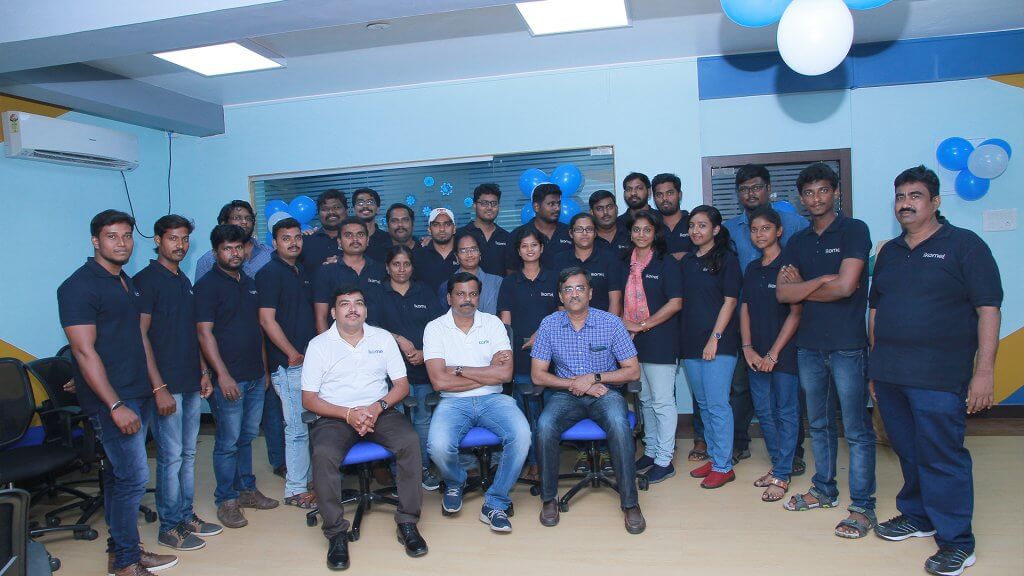
With more businesses turning to technology to deliver virtual, AI or online recruitment processes, global talent acquisition and management firm, Alexander Mann Solutions, has urged employers to ensure technology is developed with diversity and inclusion in mind, and not just with data scientists or technologists leading the design of new tools.
Gamification and virtual interviews are increasingly being used in the hiring and assessment process, and while these approaches offer many benefits, there is potential for bias to be built into technology using matching algorithms.
According to Alexander Mann Solutions, to ensure virtual recruitment solutions are inclusive, they need to be constructed by both programmers and experts with experience of eliminating bias in traditional hiring methods to make sure candidates from all backgrounds are treated fairly.
As Patrick Lockhart, Occupational Psychologist at Talent Collective, part of Alexander Mann Solutions, explained:
“Virtual assessment technologies were already being used in many candidate interactions and hiring processes prior to the coronavirus pandemic, however this has now been accelerated due to the on-going crisis. With this development, the argument surrounding potential prejudice being built into technology has once again resurfaced, with the example of Amazon’s biased algorithm still haunting the recruitment technology sphere.
“I want to emphasise that virtual, AI and other technology solutions aren’t inherently bad – in fact they are great tools to streamline recruitment processes and provide a speedy candidate experience. The blocker to successfully implementing systems that aren’t biased lies in the development of AI algorithms and of course the scoring criteria used in the recruitment process itself.
“Data scientists do a fantastic job at making advanced technology work for hiring processes, but they don’t have the experience in identifying and adapting to bias behaviour – and that’s the missing link that once added, can make AI, augmented reality and sophisticated technology really work for a business’s recruitment strategy.”
According to Patrick, training hiring managers and recruiters to be inclusive also needs to remain a priority to prevent AI bias:
“It’s sometimes easy to get obsessed with ensuring technology solutions are fair and inclusive, but it’s just as important to make sure your managers are trained to identify a good candidate as they will be the ones to drive the technology and monitor it for any adverse biases.
“While many AI based assessments are technically correct, unfortunately the data is often collected from sources which have a history of being biased. Addressing this will prevent prejudice rearing its head in the technology that’s implemented.”



















